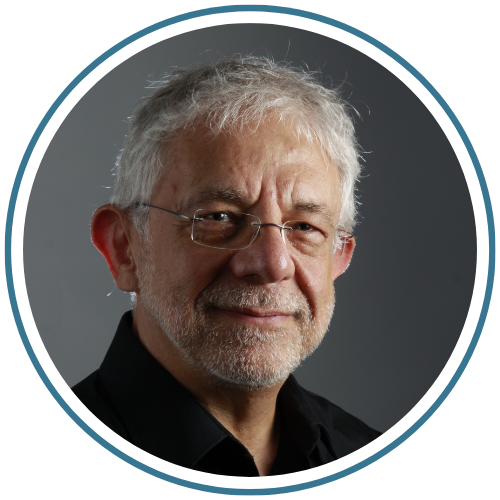Dr. John Molot: Panel Discussion 2

Dr. John Molot is an adjunct professor in the Department of Family Medicine at the University of Ottawa. He has focused his medical career on environmental medicine and is now primarily dedicated to education and advocacy for environmental health.
In 2007, he collaborated on writing The Medical Perspective on Environmental Sensitivities for the Canadian Human Rights Commission, which led to the Commission's recognition of environmental sensitivities as a disability with the legal right to accommodation. In 2016, he was appointed as a clinician expert to the Ontario Task Force on Environmental Health by the Minister of Health and Long-Term Care.
Dr. Molot is a voting member of the Canadian Committee on Indoor Air Quality and the medical advisor for Canadians for Properly Built Homes and the Environmental Health Associations of Quebec and Canada (EHAQ and EHAC). Presently, he is working with EHAQ and EHAC on the project called Empowering Community and Removal of Barriers (ECRoB), funded in part by the Government of Canada's Social Development Partnerships Program - Disability Component. Its goals are to raise awareness across Canada about the legal rights of people with multiple chemical sensitivity (MCS) and other disabilities affected by the indoor environment so that they can access accommodation; to teach and inform other organizations about environmental health and the MCS disability regarding barriers and appropriate accommodations required for accessibility; and to strengthen the connections between legal, medical, environmental, and disability groups to remove bias and barriers in all these sectors. Dr. Molot has provided numerous educational presentations via ECRoB to Human Rights Commissions in Alberta and Quebec and provincial law societies, including Ontario, Nova Scotia, New Brunswick, and Prince Edward Island; medical education presentations to the New Brunswick Medical Society, the International Federation of Medical Student's Association - Québec, and the International Federation of Medical Student's Association - Canada; and to government agencies including the Quebec Housing Corporation and Quebec BVI, Inclusion Canada, Library of Parliament, and Accessibility Canada.